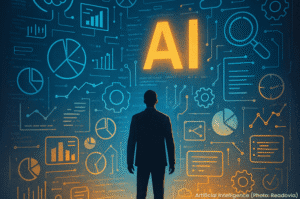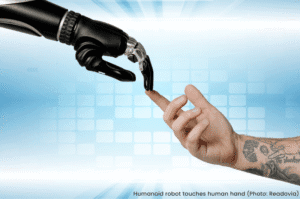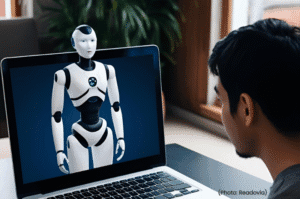
As businesses rush to deploy AI tools and agents, one thing often gets overlooked: ethics. Responsible AI is not a nice-to-have. It is the foundation for trust. The way your systems make decisions can directly affect your customers, employees, and reputation.
Fairness
AI learns from data — and that data often carries the same biases found in society. If a hiring algorithm is trained on years of company data that reflect biased human choices, it can unfairly favor certain candidates. The same risk exists in lending, healthcare, or even customer service chatbots.
Ensuring fairness means actively checking how your AI behaves. That includes reviewing training data, monitoring live decisions, and making sure no group of people is consistently disadvantaged. Regular audits and built-in bias-detection tools help identify and correct these blind spots before they turn into public problems.
Transparency
AI doesn’t have to be a mystery. People deserve to know when and how AI is influencing decisions — especially in sensitive areas like hiring, approvals, or pricing. Transparency means being open about what your systems do and giving users clear ways to ask questions or challenge a result.
It also means documenting how your AI models work — what data they use, how they process information, and what steps are taken to verify outcomes. When customers understand the process, they’re far more likely to trust the result.
Accountability
No matter how advanced the system, accountability always stays with people. When an AI makes a mistake, someone must be responsible for reviewing, explaining, and correcting it. Businesses should define clear roles for oversight, ensure human review of high-impact decisions, and make it easy for individuals to appeal or report errors.
Accountability isn’t about blame — it’s about integrity. By creating a structure for oversight, organizations show that they take the consequences of AI decisions seriously.
Final Word
Ignoring AI ethics can do more damage than a technical failure ever could. Biased or opaque systems can alienate customers, attract regulatory attention, and erode public confidence. On the other hand, companies that build fairness, transparency, and accountability into their AI practices will stand out for the right reasons.
Ethical AI is a competitive advantage. It tells your audience that your innovation is built on trust. And in the age of automation, trust is the most valuable asset a brand can own.



















































